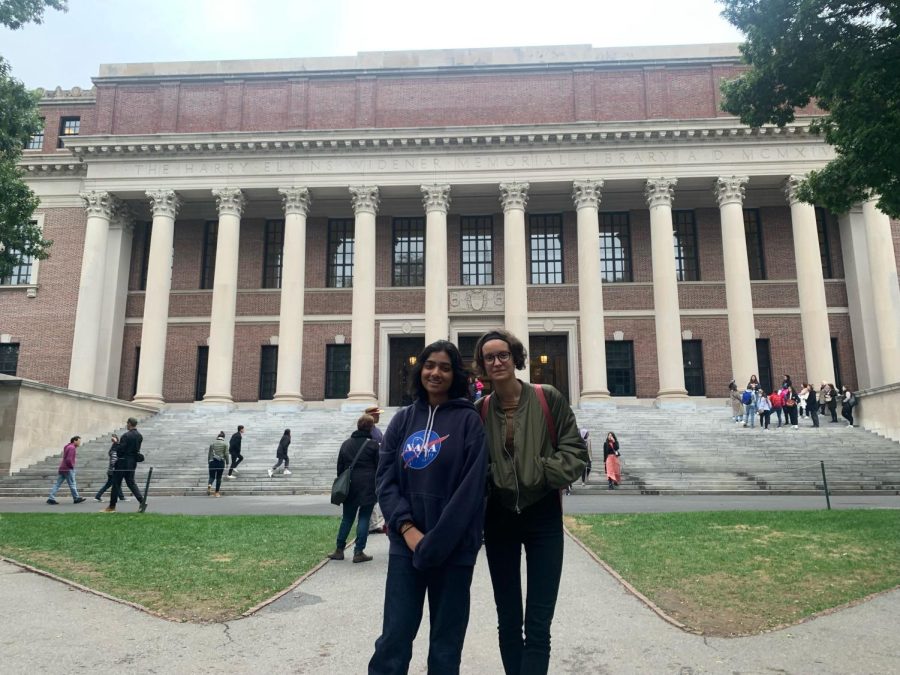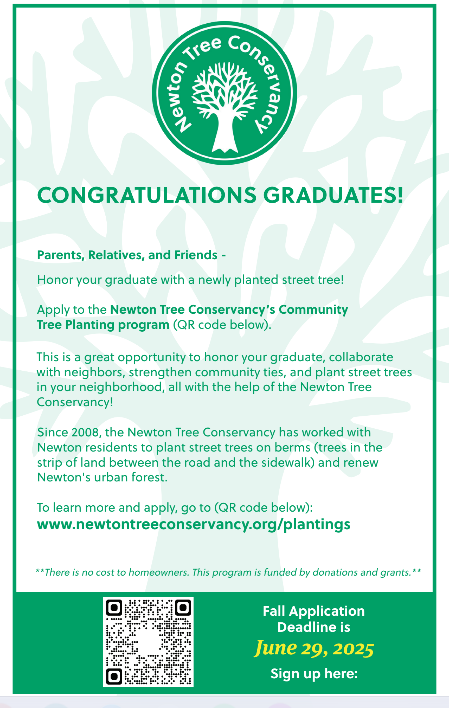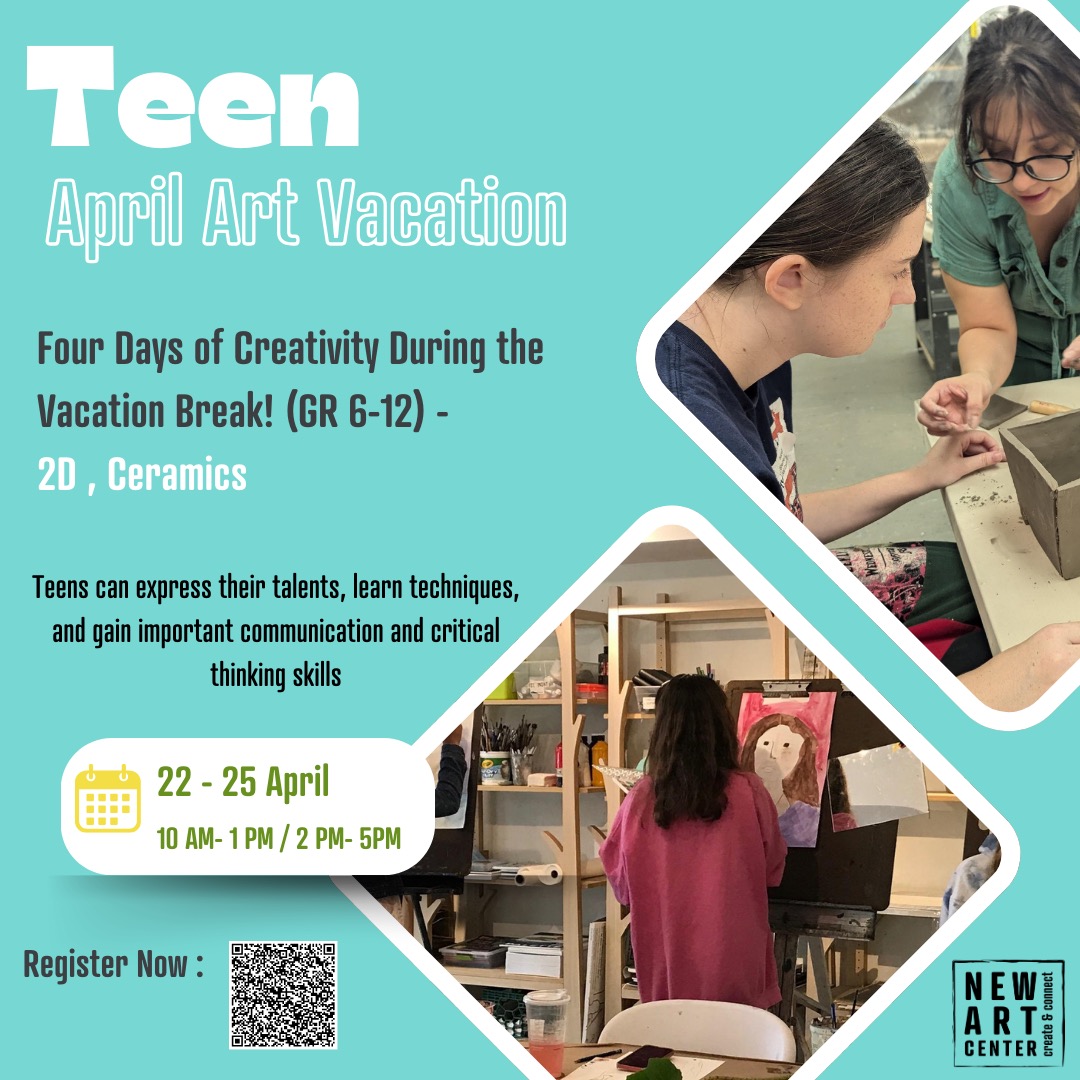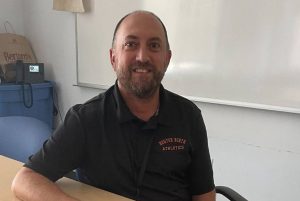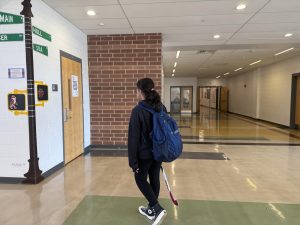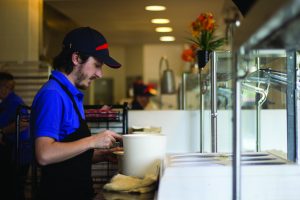Foreign exchanges begin, students reflect on their experience thus far
Sophomore Esha Bhawalkar and junior Esther Ocio-Ortega, her Spanish exchange student, enjoy an afternoon in Cambridge at Harvard library.
December 13, 2022
Foreign exchanges have returned to North in full swing, offering students an immersive exposure to native speakers and their cultures during the 2022-2023 school year.
After a three-year hiatus due to the pandemic, the foreign exchange initiative, run by the foreign language department, offers once again the opportunity for students to study in the native land of their chosen language. Through collaboration with high schools in France, Spain, and Italy, groups of students from North will be hosted by the families of their French, Spanish or Italian peers. These students will attend their correspondent’s school, and get to explore their cities.
“I had this big picture of what America would be like, and reality more or less lived up to that image,” said junior Marina Llorente, a Spanish exchange student speaking through a translator. “It was beautiful, and the people were very nice. A lot of students in Spain would love the chance to come here.”
The international students will also attend North, live with student families, and visit local landmarks. Typically, North hosts students coming from Spain in late October. This year, however, North’s sister school in Spain requested an earlier exchange in September. Having enjoyed life in Newton, Spanish students returned home a few weeks ago.
Italian students will arrive at North later this October, and French students will arrive in April.
“The exchange is a great opportunity to experience a new culture,” said sophomore Lucia Campbell, a participant in the program. “It is also an opportunity to help someone else experience ours.”
Campbell added that the chance to travel to a new country allows students to learn through experience, rather than simply through the classroom.
French teacher Kathryn Teissier du Cros, co-head of the French exchange program, also encourages students to take advantage of the international opportunity.
“These programs are not only beneficial for students’ language skills, but will also allow them to experience French culture as a member of a French family, make connections overseas, and experience personal growth.”
There is still a degree of uncertainty in all trip plans, many of which are designed to run much differently than in the past, according to World Language department chair Christoper Wood.
Each trip hosts 24 students, excluding the French exchange, which will run two separate program sites in two cities, allowing double the amount of travelers to participate.
According to Wood, doubling the program was done in order to satisfy the demand. The language department originally intended to run a double program with Spain and Mexico for students taking Spanish. However, exchange advisers were unable to organize a plan with North’s sister school in Mexico, due to pandemic-related concerns.
“Our Mexico sister school, whom we have a relationship with, isn’t quite ready to commit to hosting a trip after COVID. It is still up in the air,” said Wood.
For the same reason, the French exchange will not return to its former sister school in Paris and will instead partner with two new schools in the South of France.
According to senior Kayla Boggs, a North participant in the Spanish program, the exchange had gone very well. “It was nice to meet my exchange student’s friends, and hear Spanish around me all day. Showing her Boston and life in America had been great too.”
Their correspondents have also enjoyed the opportunity to experience the Tiger routine.
“The school is so big. When I heard that North was going to be nice, I didn’t expect it to be this great,” said junior Esther Ocio-Ortega, a Spanish exchange student. “There are so many classes that you can choose from.”
Llorente added that the rules at North highlight the differences between American and Spanish culture.
“Here, there’s no dress code, students eat in class, and everything just seems so relaxed. That’s not the way it is in Spain at all. Also, the students call teachers by their last names, at my school we call teachers by their first names,” said Llorente. “It was the little cultural norms that were surprising.”
Boggs added that despite having to share a room and give up personal space, it was well worth the sacrifices.
“Going out of your comfort zone and taking a chance is beneficial for your future,” said Boggs. “Living in America, we take for granted what we have here. Having this extra person in your life helps to gain a new perspective, and we can see how unique our life is.”
For many students, the exchanges are the experience of a lifetime.
“You’ll get a lot more out of it than you think you will,” said sophomore Brianna Milliken, a North participant in the program. “It will be an experience you’ll look back on fondly.”







































